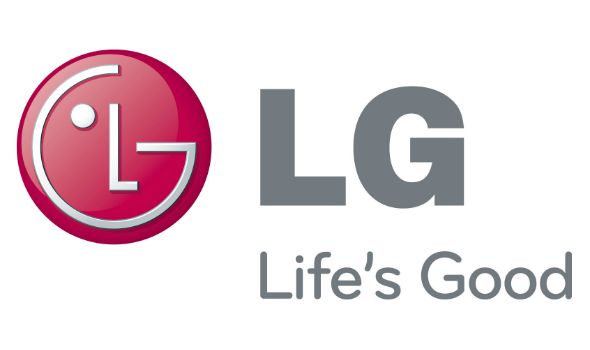A new report presented at the Nigerian Economic Summit Group (NESG) stakeholders’ workshop in Lagos by Green Compass Recycling (GCR) has revealed that approximately 80 per cent of electronic goods imported in Africa were second-hand or fairly used.
The report entitled, ‘e-Waste Recycling’s Contribution to a Circular Economy’, also averred that Nigeria is the destination of 90 per cent of e-waste illegally imported to Africa.
GCR report also identified Nigeria as the third largest generator of e-waste in Africa, contributing 12 per cent to the total volume, with 288,000 metric tonnes in 2017.
Explaining more at the summit, the Founder of GCR, Christian Wessels said “volumes of e-waste in Nigeria are rising above population growth levels, due to rising per capita incomes”.
According to him, “There was a need for e-Waste recycling industry in Nigeria to tie in with the traditional trading and recycling structures due to the detrimental effects that growing waste levels have on the environment and informal sector workers”.
It would be recalled that Business Hilights Intelligence Unit (BHIU), had earlier in the year did a report revealing that markets including Alaba International, Computer Village in Ikeja are the two leading centres for e-wastes in Nigeria.
BHIU checks tallied with GCR report which noted that Nigerians and other Africans prefer second-hand electronic materials due to high cost of new ones and fakery.
Wessels also revealed that “E-waste contains valuable fractions, which upon processing, can be traded locally and internationally. The impact of recycling businesses will be leveraged even further through awareness creation and innovation”.
This may be the reason why Ghana recently inaugurated an e-Waste recycling plant as part of moves to rid the country of dangerous littering of e-Waste materials capable of polluting the environment in the long run as many of them are close to end-of-life before their imports.









